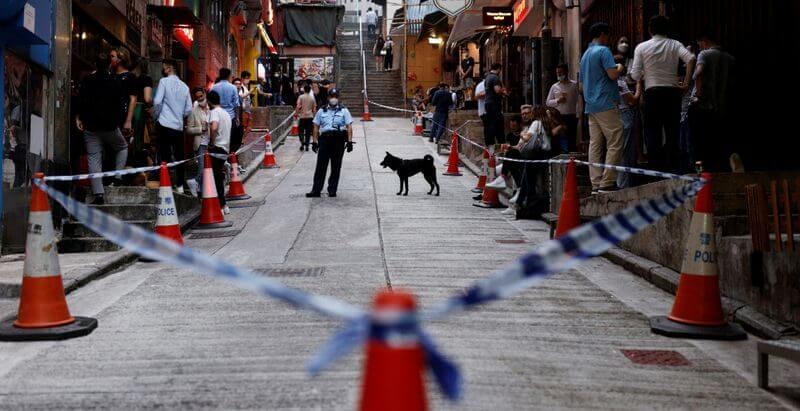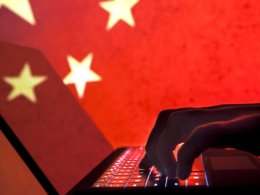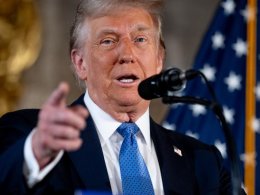Hong Kong’s Ministry of Health announced it will soon require COVID-19 patients to wear electronic monitors as the pandemic continues to spread throughout China, Chinese media reported Monday.
Beginning on Friday, Hong Kong will require COVID-19 patients in quarantine to wear electronic bracelets in order to prohibit them from visiting “high-risk” places, Lo Chung-mau, Hong Kong’s health minister told reporters, according to China’s i-Cable News. Lo is a cabinet member within the administration of Hong Kong’s new chief executive, John Lee, who allegedly won 99% of votes after enforcing Beijing’s National Security Law.
“When these types of situations emerge I think we want multiple lines of defense,” Lo told reporters, according to a Daily Caller News Foundation translation. “You ask why we don’t trust citizens. I think Hong Kongers are all high quality — yet why does Hong Kong have a police force or a court system? It’s not always the case that everyone obeys. Sometimes while quarantining people might unintentionally fail to comply, or maybe some don’t care.”
Meanwhile, COVID-19 cases are on the rise in Hong Kong, according to Reuters, with approximately 2,697 new cases each day and 9,412 deaths reported since the pandemic began — despite the government’s stringent zero-COVID policy.
Hong Kong’s Ministry of Health also plans to implement a color code system similar to the one used in mainland China to monitor confirmed COVID-19 patients and those who have been quarantined, Lo told reporters.
The mainland system relies on an app which color codes individuals according to their government-designated health status, The New York Times reported. In order to gain access to public venues individuals must use their smartphones to scan QR codes which check their health status.
The app also reportedly appears to send users’ personal data, including their location and an identifying code number, to authorities.
“The primary purpose is to identify quarantined people with COVID-19, not for tracking,” Lo said, according to a DCNF translation. “It will not restrict the freedom of undiagnosed people who do not need to be quarantined.”
Macau, a special administrative region to Hong Kong’s southwest, began a week-long lockdown on Monday after experiencing an average of 67 new cases each day.
Zhao Dandan, a Shanghai municipal health official, also announced that Shanghai had discovered the BA.5 subvariant of the Omicron strain on Sunday, triggering calls for multiple rounds of mass testing across more than nine districts this week, according to The Wall Street Journal.
Food shortages, protests and looting gripped Shanghai after a city-wide lockdown went into effect on April 5. Although the city announced it would end its two-month lockdown on June 1, Shanghai returned to lockdowns just 10 days later.
Retail sales in China shrunk by 11.1% in April and 6.7% in May following Shanghai’s lockdown, the South China Morning Post reported.










